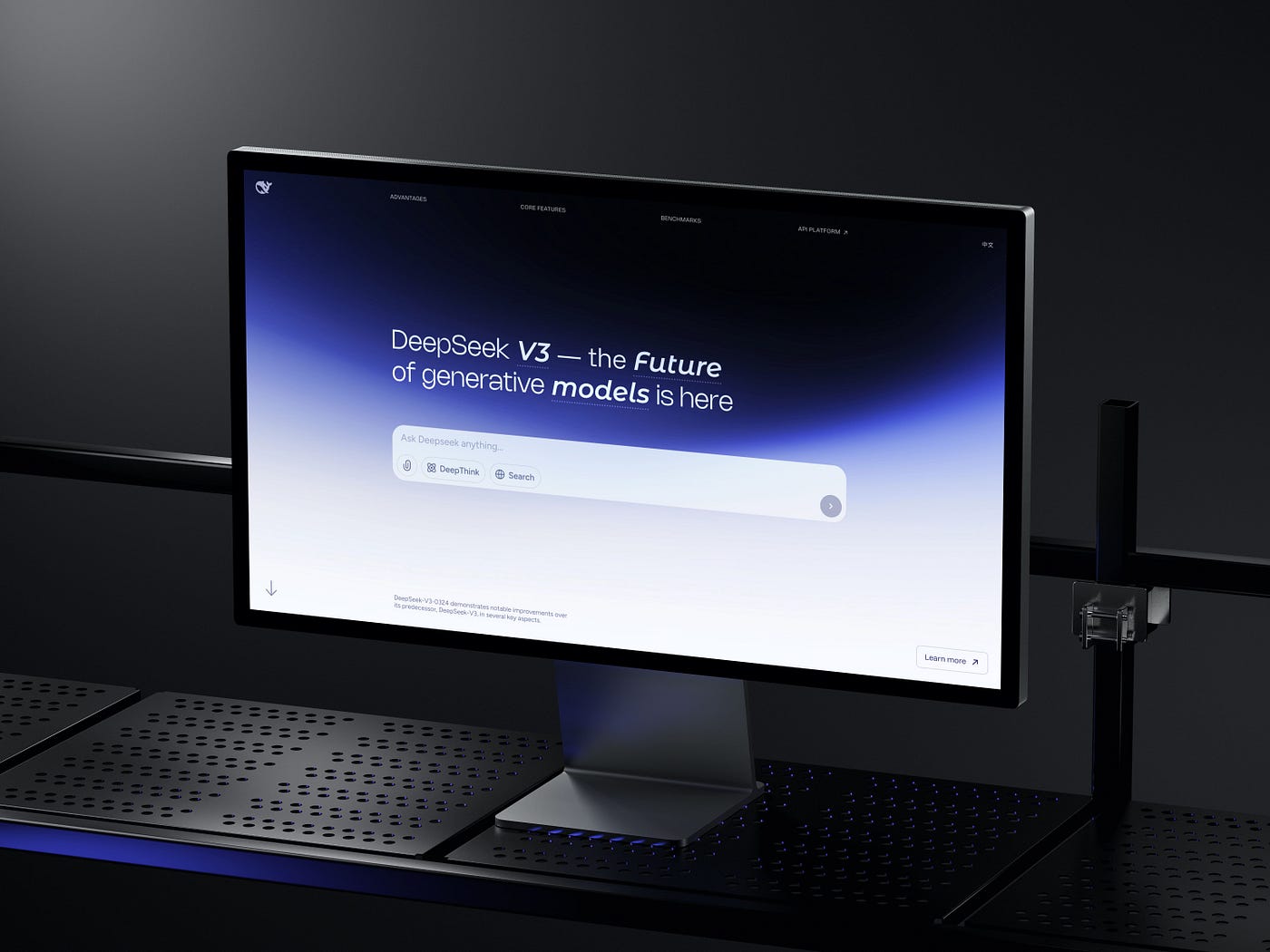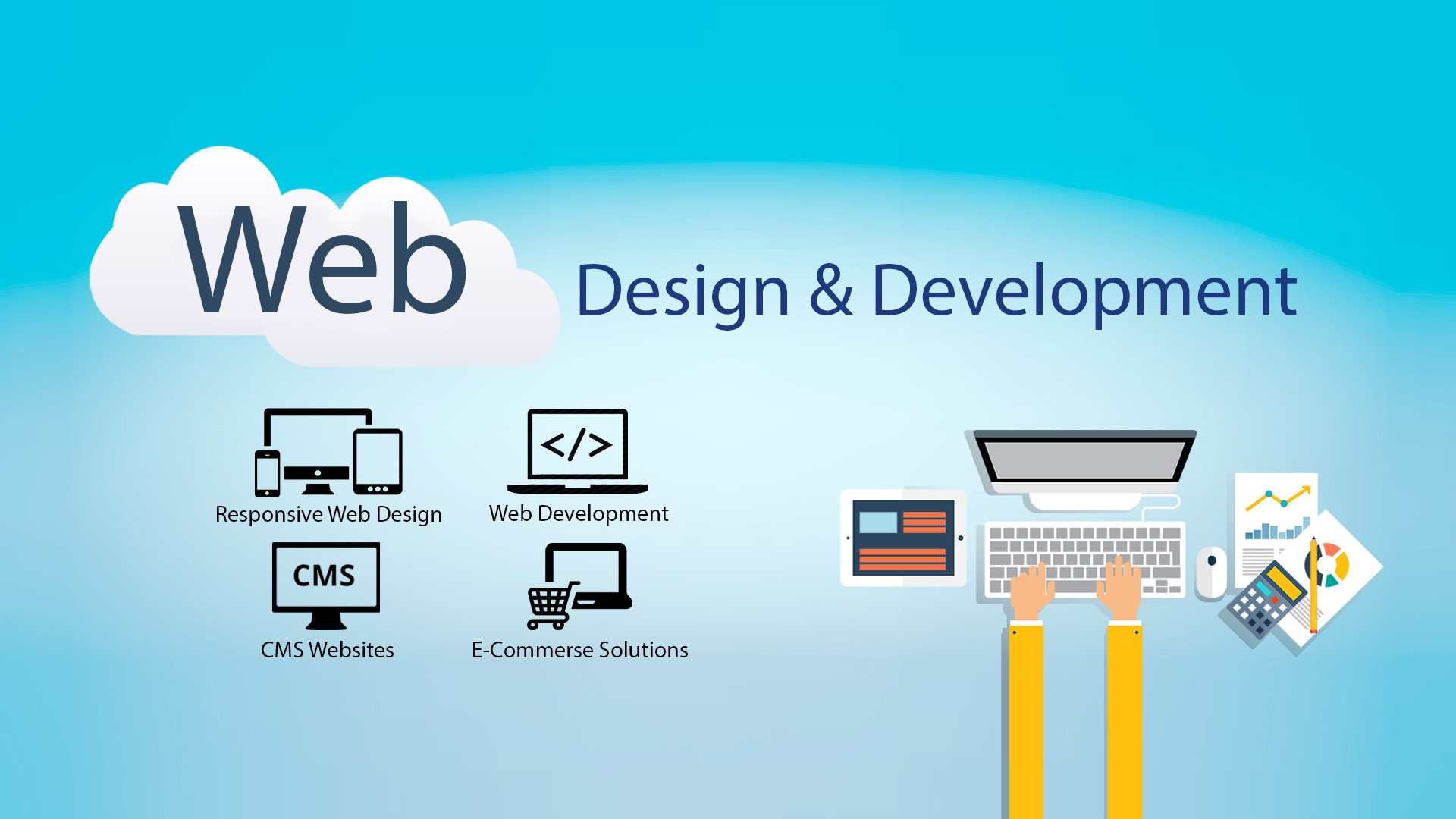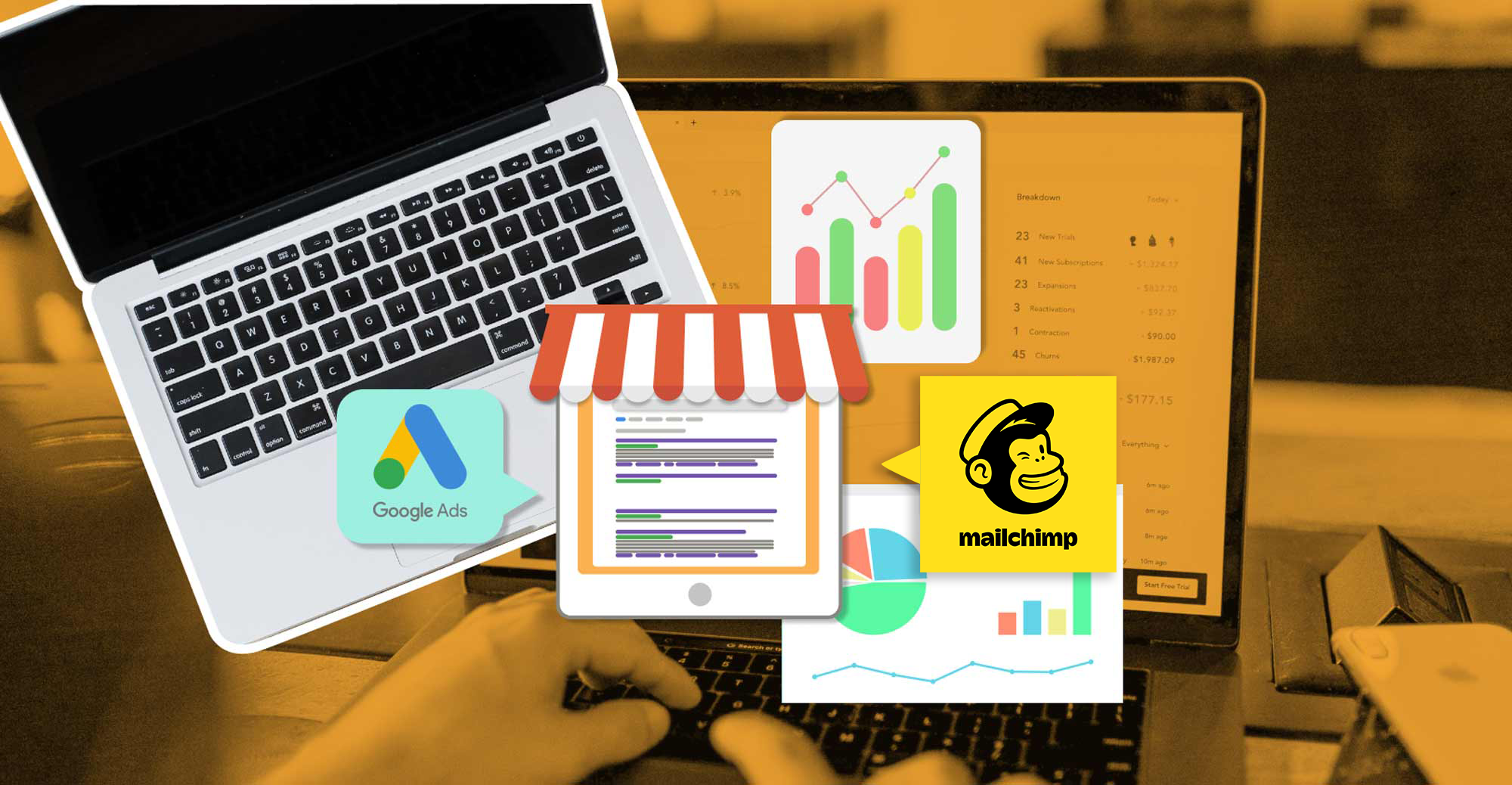Bossware and Beyond: Ethical Employee Tracking in the Remote Work Era

As more employees work remotely, there has been a sudden rise in “bossware”—software intended to monitor employee activity. Software like Controlio is intended to manage productivity and increase security, but it raises ethical concerns about privacy and trust. Is this software effective for managing remote teams, or does it create a workplace resembling a monitored dystopia? Here, with some real-life examples, we will analyze the pros, cons, and ethical methods of using monitoring software.
Boosting Team Productivity with Clear Goals
Controlio and similar applications function like digital coaches that help track time spent on various tasks, app usage, and overall progress. With the information gathered, managers can see how specific workflows are streamlined activities that may need more effort. The goal is not to ‘catch’ team members being lazy—it is to improve overall work efficiency and productivity.
A friend manages a remote design team and told me how a certain monitoring tool revealed the designers spent too much time organizing files. By moving toward a cloud-based system, she was able to cut down this time significantly and allow more time for creativity. It is like clearing a cluttered desk—once the mess is removed, the employee is able to use the newfound space to unleash their real potential.
Safeguarding Confidential Information in a Virtual Space
The option of remote work means sensitive information files can potentially exist on personal devices or unsecured networks. Security can therefore be considered a top priority during such scenarios. Bossware monitors can track unauthorized downloads or check for visits to phishing websites, helping companies adhere to compliance regulations like GDPR or CCPA. This is particularly important in finance and healthcare.
I remember working with a colleague at a startup company who deployed monitoring software to track accidental file movement to an unsecure cloud service. The rapid response alerting mechanism the system employed prevented what could have turned out to be a costly data breach. It is best to consider bossware as a digital “lifeguard” ready to block any breach of privacy while ensuring personal boundaries are not violated.
The Privacy Contradiction
The opposite side of the coin always has a counterargument. In this circumstance, bossware can seem like a ‘big boss’ inspecting remote employees from behind their computers. Screenshot capture tools and keystroke logging software can undermine trust and goodwill in an environment as personal as a home. A 2025 study showed that 65% of employees working from home felt bothered by the concept of being monitored.
I once knew a marketer who felt uneasy when her company implemented screen-monitoring software with no explanation. It wasn’t that she was avoiding work; her lack of micromanagement made her feel micromanaged. This is an example of how lack of communication can greatly impact the effectiveness of bossware.
Ethical Monitoring: The Trust Factor
The ethics of using bossware begin with openness. Policies should explain why and how tracking will be beneficial to them and the company. Comprehensive tracking software, like Controlio, allows focusing on work data like project time instead of prying on irrelevant information. Trust can also be built through policies such as not tracking during breaks and sharing information preemptively.
One small business that I advised used a monitoring tool but held a team meeting to explain its goal: to enhance workflows and not as a means to spy. Employees were able to access their own productivity data and were inspired to optimize processes. This resulted in a more engaged team and improved outcomes. Ethical bossware prioritizes freedom.
The Human-Centric Design Evolves Bossware
Basic tracking systems are a thing of the past. With advancements in AI technology, employees’ workflows are now monitored to prompt breaks and identify potential burnout. Additionally, Microsoft Teams and similar applications are now integrated for more efficient collaboration. Rather than focusing solely on observation, attention is being given to the well-being of employees as well.
By 2026, I predict that the self-managed tracking feature or wellness alerts will be at the forefront of bossware, serving as an instrument for personal and professional advancement rather than surveillance.
Final Note: Heartful Monitoring
When used responsibly, applications like Controlio can tremendously support remote working models by increasing productivity and securing proprietary data. The key is transparency, privacy, and a focus on empowering teams. Together, open communication and a prioritized human connection allow businesses to turn monitoring into trust-building mechanisms for successful outcomes. Instead of presenting it as a watchdog, let us embrace bossware as a partner in building frameworks for thriving workplaces.








